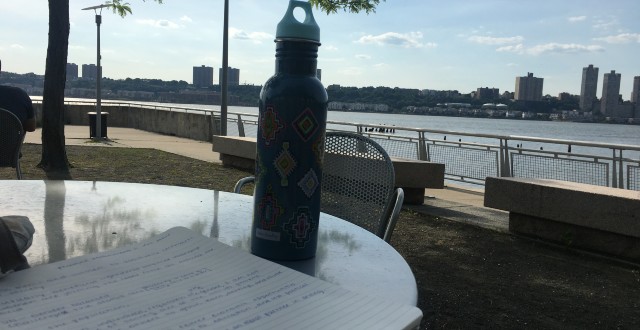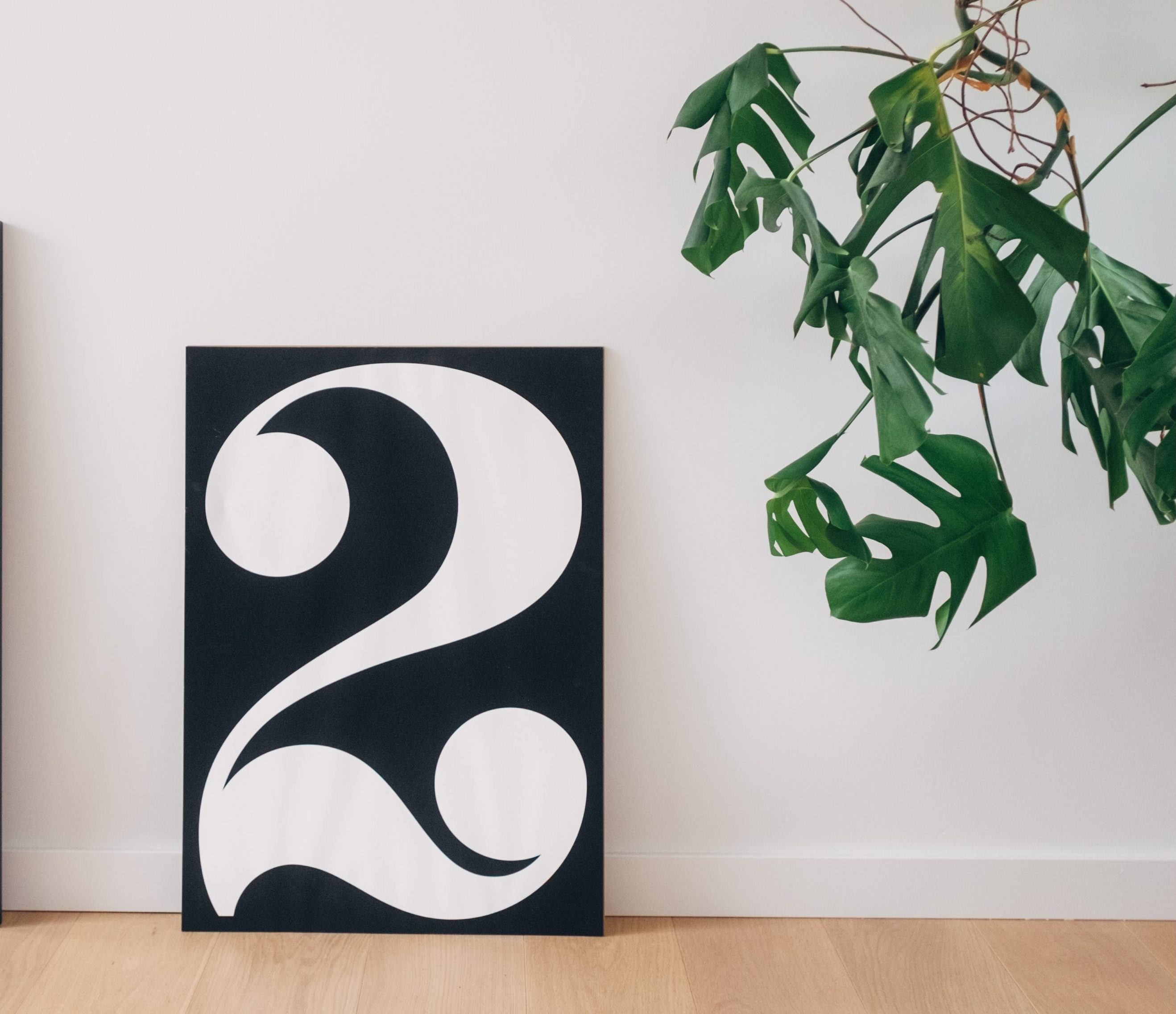With Summer Term drawing to a close soon, if you’re a master’s student, your final task will be completing your dissertation. The master’s dissertation can certainly be an anxiety-inducing experience for many, especially because for a considerable amount of students, it is their first time producing a largely independent research project. However, you should take solace in the fact that thousands of previous master’s students have triumphed over their dissertations before you, and there’s no reason you can’t too. As a former LSE master’s student, I want to share some advice on how to conquer your dissertation.
By the time you finish exams, you will have likely already spent some time thinking about your dissertation. Certainly, you have your topic and research questions since you are usually required to submit them earlier in the academic year. My advice is after you finish your last exam, you should take a few days off to relax and celebrate completing your exams! Finishing exams is a big achievement and there’s no reason not to mark the occasion. But after that, it’s important to jump into the dissertation.
 Everyone’s dissertations of course are different and the way you tackle them will flow from that, but generally speaking, it is important to do thorough research as your first step. The better your research is, the easier it will be to start writing. After I finished exams, I spent the rest of June and the beginning of July ensuring I had all of the research I needed and that I was well-versed in my sources and the literature. I cannot stress enough how important this is.
Everyone’s dissertations of course are different and the way you tackle them will flow from that, but generally speaking, it is important to do thorough research as your first step. The better your research is, the easier it will be to start writing. After I finished exams, I spent the rest of June and the beginning of July ensuring I had all of the research I needed and that I was well-versed in my sources and the literature. I cannot stress enough how important this is.
Once you’ve done that, think about the structure of your dissertation. How do you want to make your arguments? How will the dissertation flow? I think it is good to spend some time thinking about this and planning it out. It usually makes it easier to write the full paper. Once you’ve done that, try to spend some time every day writing. It makes writing 10,000 words a much more manageable experience. I tried to spend three hours each day writing so I felt like I was making progress. Once I finished a first draft, I set the dissertation aside for a day or two to gather my thoughts and give myself critical distance from my work. When you spend too much time with a piece of writing, your thoughts can often become myopic. It is important to step away and look at your work with a fresh pair of eyes.
After you finish a first draft, have a trusted friend or two read it and ask them if your arguments and structure make sense. It is very helpful to have more objective readers look over your work. Also have them proof to ensure your spelling and grammar are sound. When you’ve received some edits, try working on a second draft by incorporating their feedback. If you want to have another group of people look at your second draft, that might be helpful too before submitting the final product.
The master’s dissertation seems like a scary experience, but if you plan ahead, work on small pieces of it every day, and keep trying to make progress, you too can conquer this project and finish your LSE master’s strong. Good luck!






Great post, thanks for sharing.